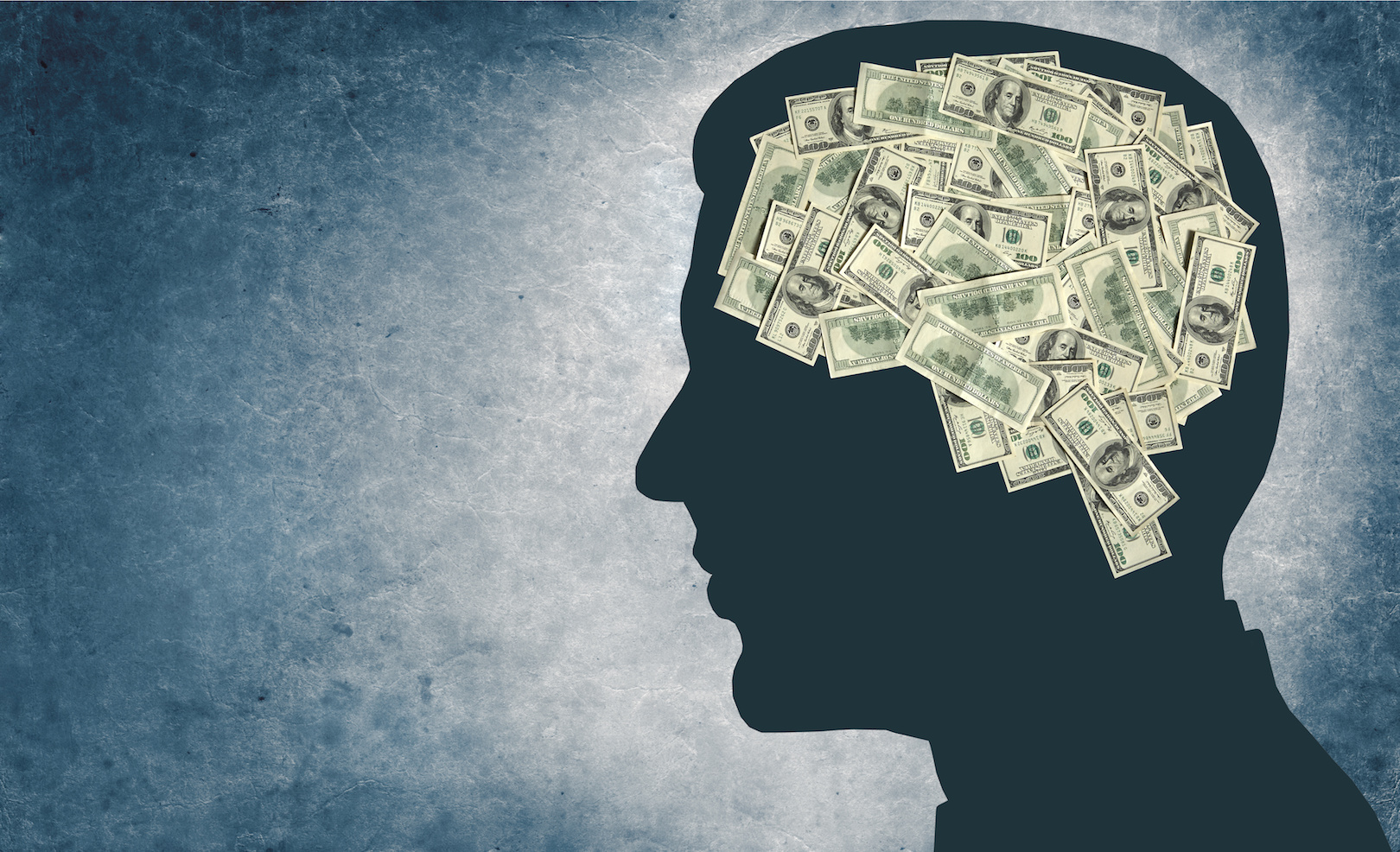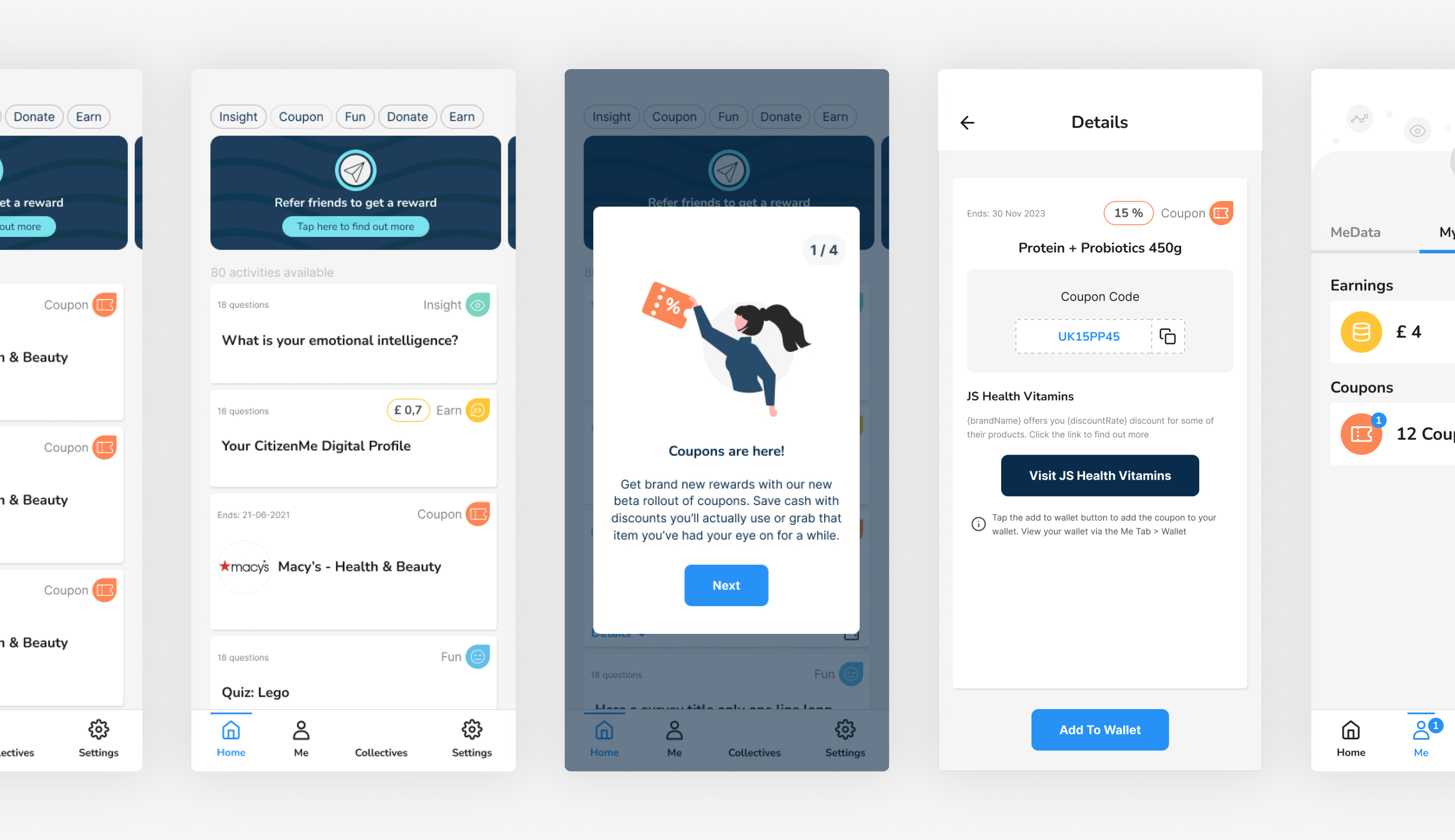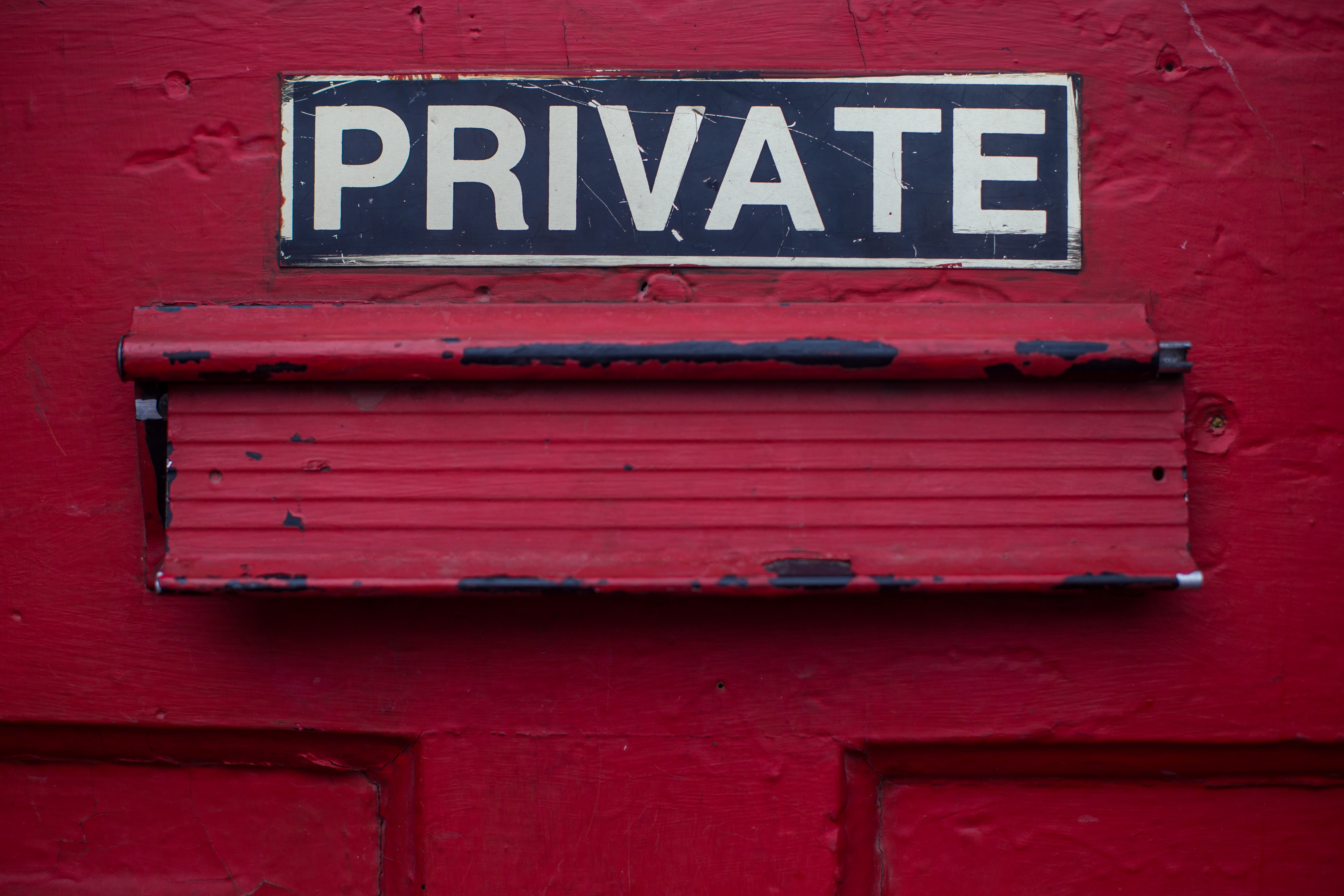
Digital Memories: Commerce (part 3)
Digital Memories: Commerce (part 3) https://www.citizenme.com/wp-content/uploads/2019/09/AdobeStock_59791278.jpeg 1620 986 StJohn Deakins StJohn Deakins https://secure.gravatar.com/avatar/67e7ca4885d1b922783ca3a83741a282?s=96&d=mm&r=gLike our memory, personal data is owned but isn’t property. However, personal data as property is the way that the digital economy functions – which corrupts the efficiency, integrity, and ultimately, the legitimacy of the digital economy. It pollutes the digital ecosystem, undermines trust and stifles its growth.
Viewing personal data like a personal memory solves this. In real life, if I share an experience with a friend, we both ‘own’ a memory of that event. The memory of the event is hence shared – but each memory is different. In the digital world, if you share an event with a friend, you both own a digital memory.
In real life, if you buy bread from a store, you share a memory of the purchase with the store keeper. You know that you bought the bread and the storekeeper also knows that you bought the bread. If you buy the bread with a credit card instead of cash, the store has a digital memory that you bought the bread, and so does the bank who issued the card, and the credit card provider (e.g. Visa).
However, unlike the store, the bank and the credit card company, you don’t have a complete digital memory of that event right now. Maybe the bank will let you access a copy of their digital memory (on a bank statement). Or maybe the store will show you a copy on a loyalty card account. But you don’t have your own memory. And that’s a huge problem. The store can use its memory of all purchases made to better understand its customers. The bank can use your purchase history to feed into calculations like credit scores. The Credit Card company can make predictions about which stores and merchants are most popular. And all three may combine your data with others, anonymise it, and sell it into the digital personal data marketplace.
Meanwhile, you and I have no place to store our own digital memory. If we did, we could use it to discover more about ourselves, maybe improve our financial or physical health, or even combine it with other digital memories to help improve local services. For instance, if I could have a place to store this digital memory, I could see that maybe there is a correlation between me buying bread and going to the gym. I might find that everytime I go to the gym my consumption of brown bread increases, and that this, in turn, makes me feel less happy, so my Spotify tracks have less valence (less energy). And this is just one example … imagine the endless possibilities here!
At CitizenMe, we believe that every digital conversation should be a shared memory. And that we should all have the ability to keep our own copy of these digital memories.
CitizenMe provides humanity with the means to store their digital memories locally, by allowing the individual to store it on their personal cloud, where only they have access to it and share it as they choose to. CitizenMe never has direct access to this data.
This blog is the third of the series Digital Memories. Watch out for the next post on this series Understanding Ourselves. If you missed the first blog, read it here. If you missed the second blog, read it here.
If you’d like to join us as a Citizen or Client, have any questions or would like more information, don’t hesitate to contact us at hello@citizenme.com.
- Posted In:
- Business blog
- Citizen blog
- Uncategorized
StJohn Deakins
StJohn founded CitizenMe with the aim to take on the biggest challenge in the Information Age: helping digital citizens gain control of their digital identity. Personal data has meaning and value to everyone, but there is an absence of digital tools to help people realise its value. With CitizenMe, StJohn aims to fix that. With a depth of experience digitising and mobilising businesses, StJohn aims for positive change in the personal information economy. Oh… and he loves liquorice.
All stories by: StJohn Deakins




